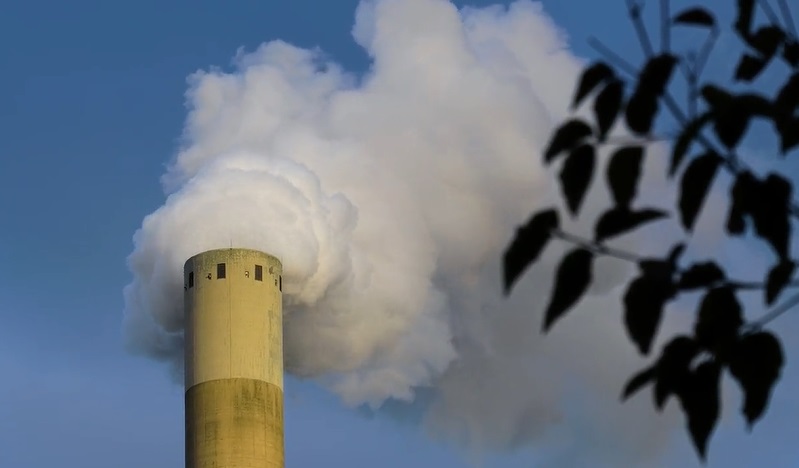Biden Administration Invests $6 Billion in Industrial Decarbonization Projects

The U.S. Department of Energy (DOE) announced today the selection of 33 projects to be awarded up to $6 billion in funding aimed at advancing technologies to help significantly reduce emissions across hard-to-decarbonize industries across sectors including chemicals, steel, food, refining and cement, among others.
According to the DOE, the announcement marks the largest-ever U.S. investment in industrial decarbonization, and the projects are expected to reduce the equivalent of more than 14 million metric tons of CO2 emissions annually, from some of the highest emitting, and difficult to abate, sectors.
The advancement of industrial decarbonization has been a key focus area for the Biden administration’s climate agenda, with the industrial sector accounting for nearly a third of the U.S.’ emissions. The administration’s Inflation Reduction Act (IRA) and Bipartisan Infrastructure Law (BIL) include allocations of nearly $500 billion to climate-focused investments in areas including carbon-free energy, manufacturing and clean technologies.
The new awards are being made as part of the Biden Administration’s Industrial Demonstrations Program. Launched by the DOE last year, the program provides up to 50% of the cost of first-of-a-kind or early-stage decarbonization projects, in order to bring them to scale this decade, with priority given to projects that accelerate industry towards deep decarbonization, spur follow-on investments for widespread adoption of the demonstrated technologies, enable new markets for cleaner products, and benefit local communities. Funding for the projects includes nearly $500 million from the Bipartisan Infrastructure Law, and over $5.4 billion from the Inflation Reduction Act.
According to the DOE, projects funded by the program are expected to cut emissions by an average of 77%, and the federal investment will be matched by the projects to leverage more than $20 billion towards the demonstration of commercial-scale decarbonization solutions, across pathways that include energy efficiency, electrification, and alternative fuels and feedstocks.
By sector, the announced projects include seven chemicals and refining projects, six cement and concrete projects, six iron and steel projects, five aluminum and metals projects, three food and beverage projects, three glass projects, two process heat-focused projects, and one pulp and paper project, which have been selected for award negotiations.
Among the larger awards announced included up to $500 million each for the Green Aluminum Smelter project by Century Aluminum Company, the Lebec Net Zero Cement Plant Project by National Cement Company of California, the Mitchell Cement Plant Decarbonization Project by Heidelberg Materials US, the Hydrogen-Ready Direct Reduced Iron Plant and Electric Melting Furnace Installation by Cleveland-Cliffs Steel, and Hydrogen-Fueled Zero Emissions Steel Making by SSAB.
U.S. Secretary of Energy Jennifer M. Granholm said:
“Spurring on the next generation of decarbonization technologies in key industries like steel, paper, concrete, and glass will keep America the most competitive nation on Earth. Thanks to President Biden’s industrial strategy, DOE is making the largest investment in industrial decarbonization in the history of the United States.”